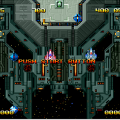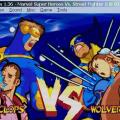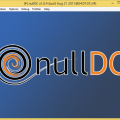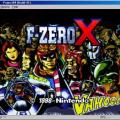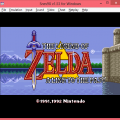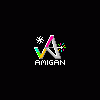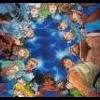- 0 replies
- 1,769 views
- Add Reply
- 0 replies
- 1,821 views
- Add Reply
- 0 replies
- 2,561 views
- Add Reply
- 0 replies
- 2,346 views
- Add Reply
2014-01-24 Recent Releases

* RockNES 5.13d - http://rocknes.web.fc2.com/
* HBMAME 0.152 r27147 - http://hbmame.the-chronicles.org/index.html
* Stella 3.9.3 - http://sourceforge.net/projects/stella/files/
* MAME Plus! 0.152 r5116 - http://www.emucr.com/search/label/MAME-Plus
* jpcsp r3445 - http://www.jpcsp.org/
* Emu Loader 7.5 - http://emuloader.mameworld.info/downloads.htm
* MESSUI r27247 - http://messui.the-chronicles.org/index.html
2014-01-19 Recent Releases

* RockNES 5.13c - http://rocknes.web.fc2.com/
* Mini vMac 3.3.3 - http://minivmac.sourceforge.net/
* Wine dev 1.7.11 - http://www.winehq.org/
* GameEx 13.21 - http://www.gameex.com/Download.aspx
* dgVoodoo 2.3 - http://dege.freeweb.hu/index.html
* AttractMode 1.1.1 - http://attractmode.org/
* jpcsp r3438 - http://www.jpcsp.org/
mGalaxy v5.2 released
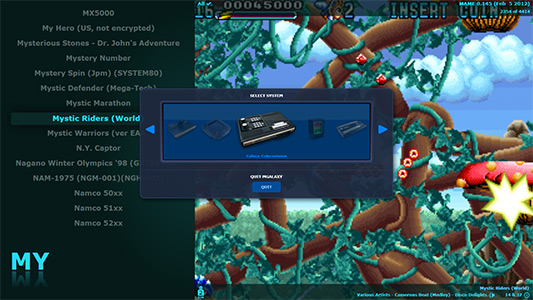

New and updated in this release:
---------------------------------------
• : Recursive folders : when scanning your rom folder mGalaxy will also scan (and add roms from) sub-directories.
• : New search engine : mGalaxy now searchs if the rom name CONTAINS your keyword (not only if it STARTS WITH that keyword).
• : Icon added : an icon is displayed to warn you when the current list is filtered on ‘Show Available Roms Only’.
• : Icon added : an icon is displayed to warn you when the current list is filtered on a keyword.
• : Install option : you now can choose where your ‘mGalaxy Data’ folder should be installed.
By default - and to conform to Microsoft security policy - it’ll be installed in the ApplicationData folder...but you can choose to install it inside the mGalaxy folder itself. This will make mGalaxy "Portable".
• : ‘Auto repeat’ function on gamepad button presses.
• : Items view extended to 5 in the ‘Select System’ window.
• : GUI : 'List items text alignment’ option added.
• : mGalaxy_Runway : it’s now possible to enter text (thus, making copy/paste) in the App Path/Rom Path/Snap Path/Video Path text boxes.
• : A couple of new themes added. See one in action:
[video=youtube;EKAyaAiGJqs]
Spread the news !!
More info and download on http://www.mgalaxy.com
2014-01-14 Recent Releases

Taking a break to get away from the heatwave, so posting this now..
* Wine 1.6.2 (maintenance) - http://www.winehq.org/
* AppleWin 1.24.0 - http://applewin.berlios.de/
* RockNES 5.12 - http://rocknes.web.fc2.com/
* EmuPack 1.9.2 RC1 Build 1925 - http://emupack.blogspot.com.au/
* Attract-Mode 1.1 [FrontEnd] - http://attractmode.org/
* MESSUI r27104 - http://messui.the-chronicles.org/index.html
* jpcsp r3433 - http://www.jpcsp.org/

